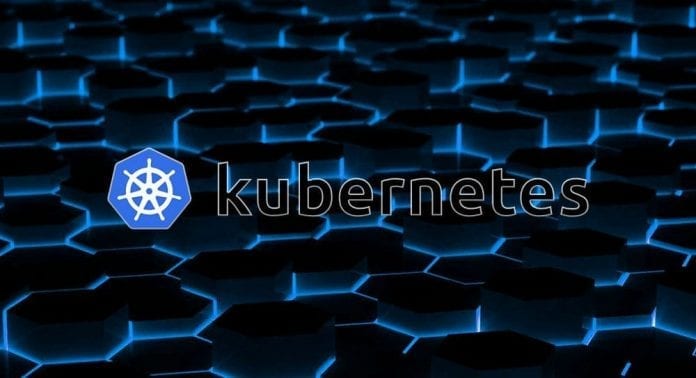DevOps teams wear many hats. They are responsible for overseeing and collaborating between teams. Thus, they play transformative parts in the organizational growth and development of a company. Much of this scaling of responsibility has come thanks to the role of containers. Containers modernize organizations and simplify the process deployment. They may not be flashy, but they run the applications that form the backbone of many operations.
Kubernetes, an open-source platform, manages container workloads to make automatic deployments. It makes DevOps teams more efficient at delivering code enhancements and business objectives. Together, Kubernetes and containers have redefined cloud deployments. Nonetheless, there are growing security issues with them that all organizations need to start evaluating now.
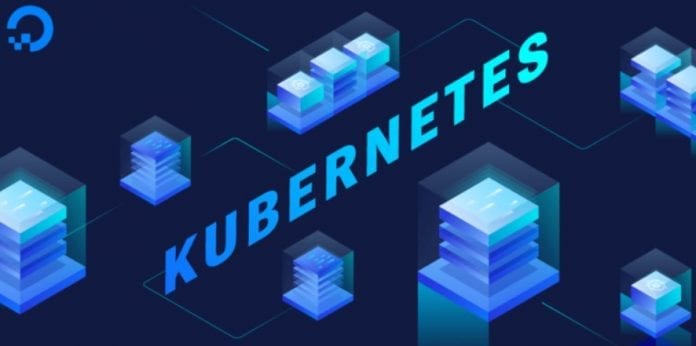
What Are Kubernetes and Why Do They Matter?
In an ever-evolving IT world, Kubernetes are still relatively young. Making their debut in 2014, were originally Google open-source container-orchestration systems to facilitate automatic deployment, scaling, and operations of container tools through host clusters.
Shortly after their release, Kubernetes gained their independence and are now maintained by the Cloud Native Computing Foundation. They’ve become an invaluable part of the cloud landscape as an increasingly versatile tool for vendors and other players to use for their own distributions.
Code Commits: The Role of Kubernetes and Containers
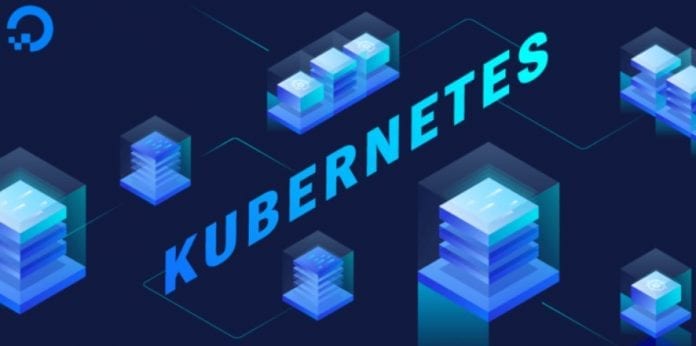
According to StaxRox, Kubernetes and containers deliver impressive results. 40% of organizations developed and released applications faster when using Kubernetes and containers.
Industries are well-aware of these successes. They have increased production of the containers over 32% in the past six months.
But it doesn’t tell the full story. The rapid adoption of these tools does come with security vulnerabilities. Take a look at the same StaxRox report. Almost 50% also reported concerns over both container and Kubernetes security. These participants included organizations that deployed the technologies.
What Do These Concerns Mean?
To start, organizations need to step back for a moment and think more deeply about their utilization of containers and Kubernetes technologies. The report corroborates unease over real incidents companies have experienced. It covers both containers and Kubernetes during the last 12 months. The higher adoption of these tools also triggered more fears. But many organizations only moderately increased their security protocol.
Over 25% had a security incident during runtime environments. Another 24% had other vulnerabilities to error. These issues may seem small in isolated cases. But they do have the capacity to create combinatory errors that magnify the risk of a data breach.
Again, it is essential to consider the cloud-based environments in which these applications run. It isn’t much of an overstatement to say there are inherent security vulnerabilities in the ecosystem construction itself that all development and associated team members must start considering now.
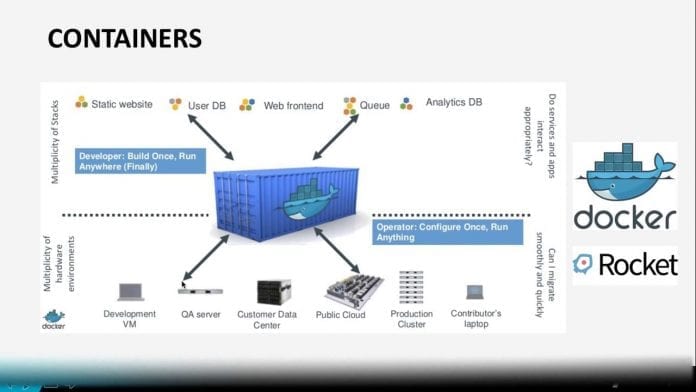
What Takeaways Should DevOps Teams Get From the Report?
Containers and Kubernetes are incredible tools. But DevOps teams must bear in mind some of these critical conclusions of the report:
The Time is Now for Security Investments
The top concern is that organizations are not investing enough into security. Security and DevOps teams need to adopt application security platforms. They merge vulnerabilities and create full visibility of potential threats. It combines all applications and containers.
Fortunately, security investments not only pay for themselves through reducing attack surface area and associated costs such as downtime, reputational damage, and productivity loss but also through creating more efficient deployments that can be harnessed up and down throughout an organization.
Organizations Need an AppSec Approach

Perimeter/fortress-based security architecture is the thing of the past. Organizations should move towards an AppSec mindset. It means looking at containerized loads and Kubernetes holistically from initiation through deployment.
AppSec enables DevOps to manage cybersecurity within apps. So, it also reduces the need to increase security expertise and training costs.
Concurrently, through the process of shifting away from traditional security mindsets, development teams need to evaluate current risks portfolio and start strategizing new avenues for creating both an overhauled and flexible evaluation and execution of related processes.
Team Integration: Automation and Continuous Deployments

DevOps teams must take this as an opportunity. They can integrate development, security, and their teams into unified task forces. It’s necessary to build security into containers and Kubernetes into the development cycle of apps.
Of course, it doesn’t go without any challenges. You can’t stop and start the coding process to allow continuous security testing. But through automation and real-time identification of vulnerabilities, you can mitigate these issues. In effect, it means teams are taking a run-first approach to code.
In the end, it’s up to DevOps to take a leadership role. They need to unite these disparate components into effective and integrated teams. Doing so may be initially challenging. However, DevOps can rely on its disparate experience, team structure, and other soft skills to grow into this new role.
Network Security is Fundamental
All this action spreads through different sectors. Thus, reinforcing network security, particularly remote connections, is also crucial. There’s a growing threat landscape that DevOps teams face daily. Companies must use infrastructural tools, including virtual private networks (NordVPN coupon here), along with other cybersecurity software to enhance the security of their Kubernetes deployment. You can visit here: https://cybri.com/penetration-testing-services/.
Experts suggest using enterprise-grade solutions to safeguard both local and virtual assets. Moreover, authentication and verification have become even more essential in these environments. Organizations must embrace multi-factor authentication and advanced identity management tools.
Now is the opportune moment to conduct a security audit. It’s time to investigate weaknesses and solve them. Then organizations can adopt Kubernetes on a mass scale.
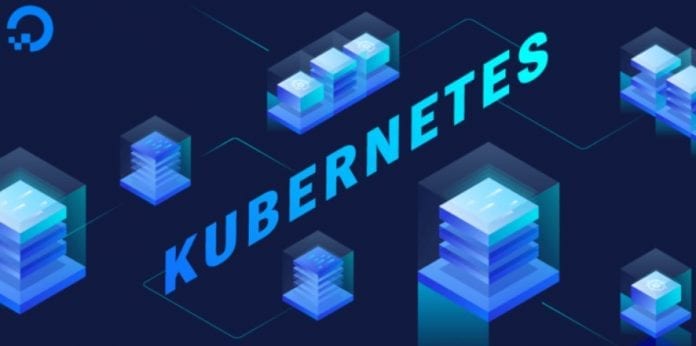
The Bottom Line
Containers and Kubernetes represent the future of cloud deployment. These powerful tools have growing ecosystems. They will usher in the next wave of development technologies. Organizations should embrace these tools and build teams around them. But they need to bear in mind security concerns too.
These technologies do open significant combinatory risks. You must address them during the planning and execution stages.
Now is the time for DevOps to lead this charge. The security-focused approach will help to counter these challenges. Then you can realize the potentiality of containers and Kubernetes.
